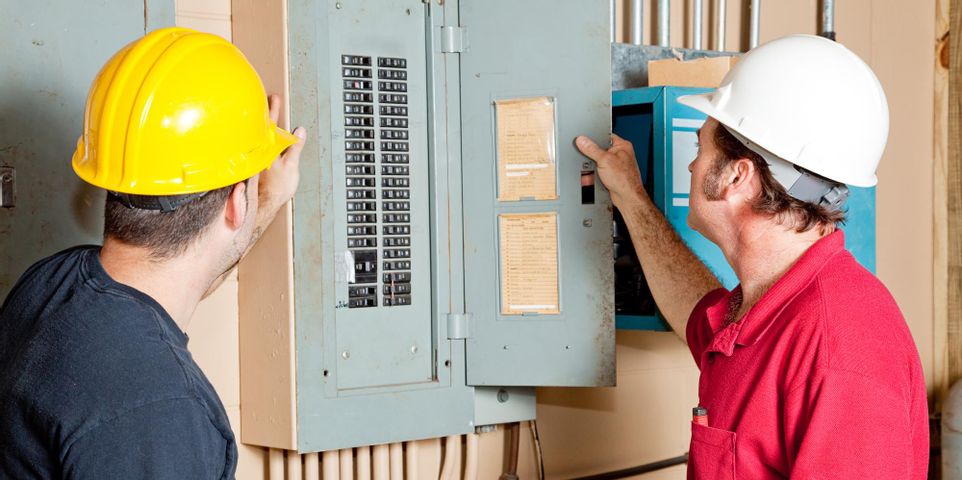3 Tips to Prevent Electrical Injuries On the Job

Electric contractors must use their in-depth knowledge of electricity to stay safe on the job. A single accident or mistake can result in a life-threatening shock. There are essential steps to follow any time you work on a customers’ property. Here are several of the most important to remember before you begin.
How to Avoid Electrical Injuries
1. Check Your Surroundings
Whether you’re wiring a new home or repairing a circuit breaker, always be aware of your surroundings. Make sure there’s no risk of water contacting an outlet or wires. Move flammable materials away from the area, and ensure there’s no risk of pets or children interacting with the wiring. If you’re repairing frayed wires, know where all the exposed wiring is so you don’t accidentally touch a damaged area. Knowing where existing and potential threats are will ensure you avoid them.
2. Always De-energize Equipment & Circuits
 De-energizing ensures there’s no risk of an electrical current flowing while you’re working. Remember to open the switch on the circuit breaker or remove the fuse. Ensure customers know not to flip the circuit while you’re working.
De-energizing ensures there’s no risk of an electrical current flowing while you’re working. Remember to open the switch on the circuit breaker or remove the fuse. Ensure customers know not to flip the circuit while you’re working.
Always test the de-energized circuit. Insert your tester so you can be confident there’s no power current. It’s crucial to check the batteries and test this equipment regularly to know it’s reliable.
3. Wear Your Safety Gear
Personal protective equipment can be life-saving on the job. Every electrical contractor should use a face shield and glasses, insulating rubber gloves and sleeves, flame-resistant clothing in case of sparking, and safety shoes. Purchase these electric supplies from a reputable supplier so you know they’ll work on the job.
If you’re an electrical contractor in Lincoln, NE, contact Husker Electric Supply for all your tools and supplies. These professionals have served the region for 40 years and carry a large selection of products, including electrical wire, indoor and outdoor light fixtures, and circuit breakers. Call (402) 467-4624 to speak with a sales associate, or visit their website to explore their inventory. You’ll find more safety tips on their Facebook page.
About the Business
Have a question? Ask the experts!
Send your question

